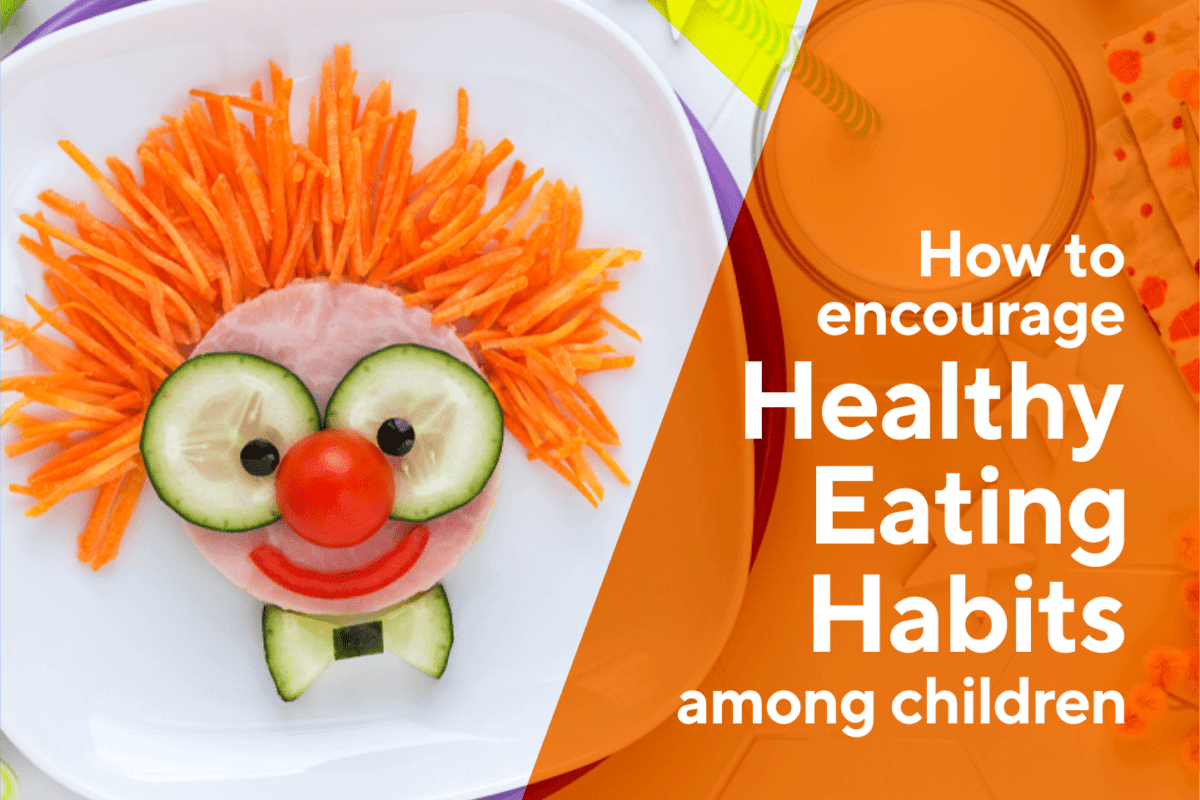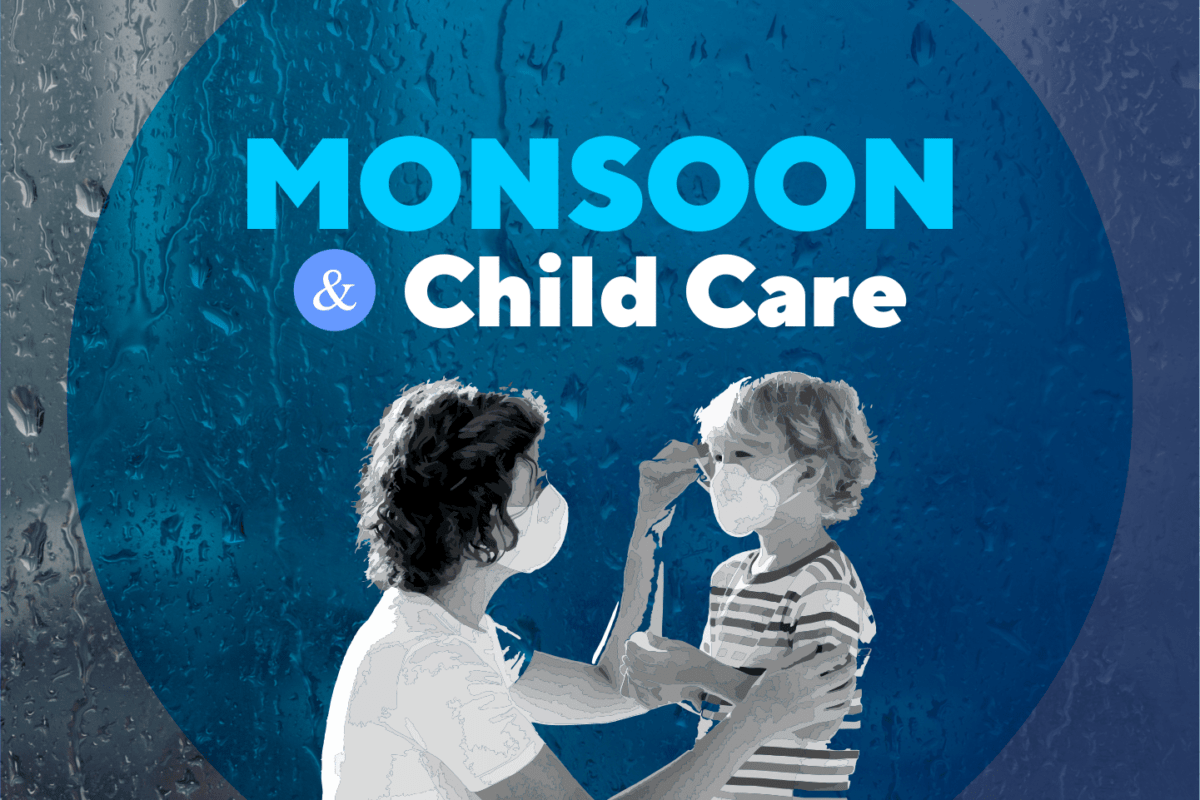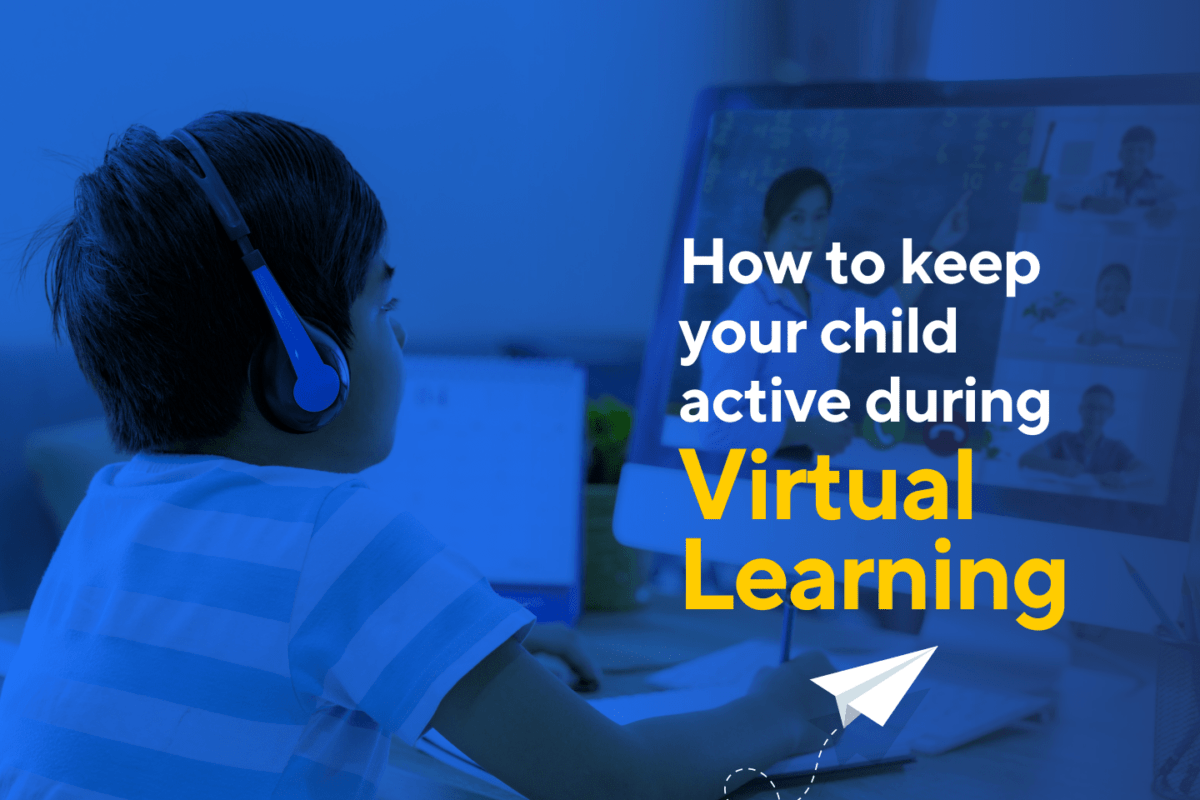Introduction:
Whether you have a toddler or a teen it is essential to develop healthy eating habits to encourage healthy growth. Sometimes, while growing up children may choose some unhealthy eating habits that may not seem serious at first but will cause a problem in the future. With the growing age of children, they may feel a little more hungry and also crave junk food. But as a parent, it is essential to develop healthy eating habits from the start.
Children learn these habits by implementing them in their day-to-day life as well as watching their elders
Importance of a healthy diet:
By providing your child with a healthy diet you ensure that their body is receiving all the essential vitamins and minerals they need for their growth and development. Poor nutrition during the growing years of your children may increase the risk of obesity, hypertension, diabetes, and coronary heart disease. Therefore it is extremely essential to know the importance of a healthy diet.
Below are a few points that will help you develop healthy eating habits among children.
Family Meal:
A family that eats together, stays together. A family meal is a comforting ritual for both parents and children. It builds a strong bond and also develops a good habit. Virtual learning, classes, playtime has occupied children and a good family meal can provide them a relaxing time to enjoy with their family over the dining table. Use this mealtime to connect with your child to know their interests and setbacks.
Model the behaviour you want to see in them:
It is well said ‘Monkey see. Monkey Do!’. The best way to encourage healthy eating habits is to start eating healthy yourself. Children will imitate the right behaviour every day and will develop healthy habits. By eating right you will be sending the right message and educating them well!
With this also try to develop a positive perspective and educate them about overeating or respecting food that comes on their plate.
Don’t bribe them to eat healthy:
Sometimes to finish everything on the plate parents bribe their child for dessert or any favorite item of their choice. Don’t try and control their food choice and get them to eat what you want them to eat. If they don’t enjoy it they won’t get any benefit from it!
Don’t forbid the food they like:
Perhaps your child is overweight. You could feel tempted to make some food completely off-limits, but “forbidden” foods are a draw for children, and they tend to overeat these foods whenever they get the chance. Instead, take a balanced approach by encouraging healthier treats and smaller portions of those treats.
Conclusion:
Parents need not worry, in case if children acquire some wrong habits. We need to handhold them & educate them with the right knowledge, guidance, and support which will help overcome the wrong habits. Patience is the key if you really want them to learn something.
At TAS, we ensure to focus on the holistic development of children and implant good habits in the right way so they can take them along in their future journey. Along with this, we keenly focus on their health and wellness. Being the best school in PCMC and the top school in Pune, we assure parents the best education for your child.




